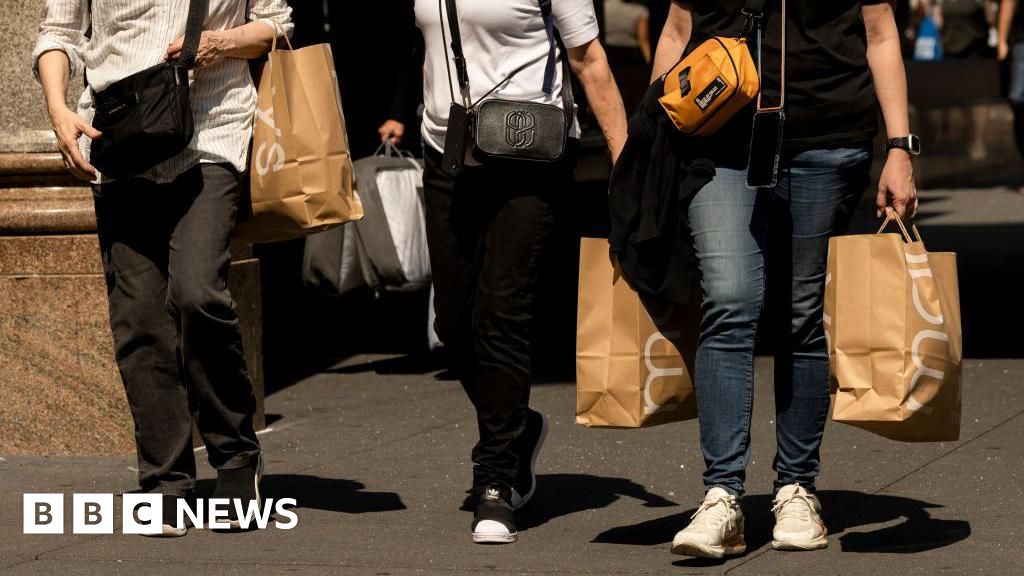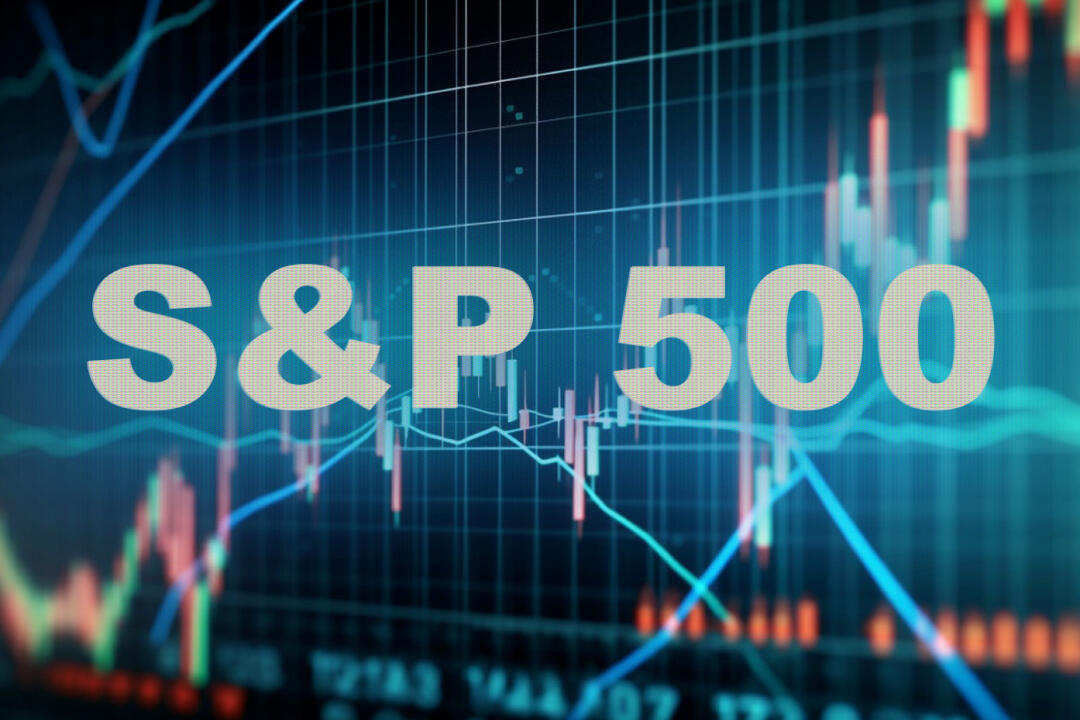Macron visits Morocco as NATO-Russia war spreads across Africa
Yesterday, French President Emmanuel Macron concluded a two-day state visit to Morocco, a former French and Spanish colony. He presented the Moroccan monarchy an offer of serving as French imperialism’s principal ally and political instrument in West Africa, where tensions are rapidly escalating between France and its NATO allies, on the one side, and Russia, China and Iran on the other.
The NATO-Russia war that has devastated Ukraine has also spread to West Africa, in the wake of French imperialism’s ignominious 2022 withdrawal from its nine-year war in Mali. As mass protests forced French troops to leave Mali, Niger and Burkina Faso, these regimes sought closer military aid from Russia and economic ties with China. French imperialism faces the greatest crisis of its position in its former African colonial empire since decolonization and its bloody wars against the independence of Algeria and Cameroon in the 1950s and 1960s.
Macron’s trip aimed to reverse this accelerating collapse of his government’s influence amid a growing radicalization of masses of workers and youth in Africa. Yesterday, speaking before the parliament in the Moroccan capital of Rabat, he offered Moroccan King Mohamed VI a “new strategic framework” for Franco-Moroccan relations.
This “strategic framework” is a proposal to use Morocco as a source of cheap qualified labor and logistics to boost French corporations’ profits and increase French imperialism’s influence in contested areas of the Sahel and West Africa more broadly.
Macron stressed that it would make Morocco “the first country outside of the European Union with which we would engage so intensively.” He annnounced “up to €10 billion” in investments by French corporations. These include Alstom in a Tangiers-Marrakech high-speed rail line, plans for solar and hydrogen energy collaboration, a plant in Morocco by airplane engine maker Safran, and a container port at Nador West Med to be operated by French shipper CGM-CMA.
These plans also bear the stamp of the escalating global war. This “integration of value chains,” Macron claimed, would protect Europe and Africa from “the fragmentation of international commerce,” as the NATO countries isolate Russia and Iran from the US dollar and euro, and impose trade war tariffs on China. Macron stressed in his speech that Morocco could be a “platform,” a “tool” or a “singular path” between Europe and Africa.
Earlier this year, Moroccan officials had announced a plan to place Morocco’s “road, port and rail infrastructure” at the disposal of Burkina Faso, Mali, Niger and Tchad. The project had not, until now, received a great deal of attention in France. Not only can these countries already export their merchandise via ports in Dakar in Senegal, Abidjan in Ivory Coast, Cotonou in Benin, or Lomé in Togo, but this project would require large investments in transport infrastructure both in Mauritania and Morocco.
Mauritanian authorities reportedly refused to endorse the project: It would lead to Morocco building port infrastructure in the contested region of Western Sahara, claimed by Morocco but where the Algerian regime supports the pro-independence Polisario Front.
In July, however, Macron wrote a letter to King Mohammed VI, officially endorsing Morocco’s claim over the region. “The present and the future of Western Sahara are inscribed in the context of Moroccan sovereignty,” Macron stated in the letter, calling for a “just, durable and negotiated solution” to be developed at the United Nations. French diplomats reported that Algerian President Abdelmadjid Tebboune felt “betrayed” by the letter, and Tebboune then cancelled his plans for a state visit to France this year.
Now, Moroccan King Mohamed VI is working out plans for a state visit to Paris next year, for the 70th anniversary of the 1955 independence accord between Moroccan king Mohammed V and the French government that was then waging a bloody war against the Algerian population.
What Macron is proposing is a plan not for economic development but for the imperialist plunder of the region. It aims to reconquer ground French imperialism has lost to Russia, China and other developing countries amid mass protests against its presence in the Sahel countries and amid mass opposition in the African population to the NATO war against Russia and the Gaza genocide. Macron’s plan aims not only to pave the way for a return of French troops but also to continue the war the European powers are waging on the African working class.
Indeed, Macron indicated there would be no let-up in the war on African migrants, over 20,000 of whom have drowned as the European Union (EU) blocks Mediterranean rescue operations. “We need more results” on expulsions of Moroccan immigrants from France, Macron told Moroccan officials, adding that this “constitutes for many French people one of the most important demands.” He called for a “struggle against all forms of trafficking,” which “infect our territory, requiring very close and even more rapid judicial coordination.”
In a sop to the Moroccan king, Macron said France would be open to the “circulation” of “talents” on both sides of the Mediterranean, to “nourish both banks with their intelligence and common plans.” That is, French corporations will agree to pick and choose which skilled workers they want to admit, as long as it is in line with the anti-migrant policies of Macron and the European Union.
The NATO-Russia war in Ukraine is moreover spreading rapidly across West Africa. This emerged openly after the bloody defeat the Malian government and Russian Wagner Group troops suffered this July at Tinzaouatène at the hands of Al Qaeda-linked and ethnic Touareg militias. Ukrainian officials created major diplomatic incidents by boasting they had provided terrorist groups with intelligence needed to kill dozens of Malian and Russian troops.
Ukrainian Ambassador to Senegal Yuri Pyvovarov reposted a video by Ukrainian military intelligence official Andriy Yusov, who said: “The fact that rebels received the necessary intelligence that allowed them to carry out an operation against the Russian war criminals has already been observed by the entire world. Of course, we will not divulge the details. More information will come from here, too.”
First, Mali and then Niger and Burkina Faso broke diplomatic relations with Ukraine in August. The Senegalese regime, though close to the NATO alliance, felt compelled to call Pyvovarov in to the Senegalese Foreign Ministry to formally reprimand him for his statements and to stress Senegal’s opposition to support for terrorist groups inside Mali.
The Sahel-Morocco transport infrastructure plan now implicitly backed by Macron is not an offer to develop the most suitable transport networks. Rather, it is an offer to grant the Sahel countries export routes exempt from the sanctions that neighboring states placed on the Sahel countries’ trade at France’s demand, as part of its struggle to retain its grip over its former colonial empire. It forced the Economic Community of West African States (ECOWAS) to impose crippling sanctions on Mali, Burkina Faso and Niger after French troops left these countries.
Security analyst Sergey Eledinov told Le Monde: “Hub arrangements are vulnerable to shifts in the political winds. Exports from Burkina Faso, Mali and Niger faced very heavy sanctions after the changes in the regimes there. For their leaders, even if the roads are longer and transport will be more expensive, making their merchandise pass through Morocco offers at least some guarantee to be shielded from the caprices of the West and the regional organizations.”
The economic integration of Africa, the overcoming of poverty and ethnic and religious conflicts and the emergence of genuine democracy requires unifying workers in struggle against French imperialism and its NATO allies. This is also essential to halt NATO’s global escalation towards war with Russia and China. It requires mobilizing and unifying workers internationally across Africa, in alliance with their class brothers and sisters in the NATO countries, in a movement against imperialist war and for socialism.




